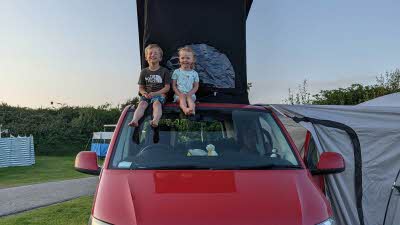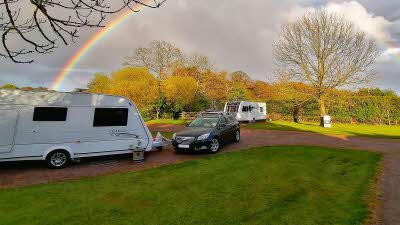There are a number of ways to ensure you get the best value for your money on a motorhome and campervan insurance policy. The most obvious is to shop around, but other things to think about include being realistic about your usage - many policies include low-mileage discounts.
Think about whether you will be taking your van overseas and see if there are policies which specialise in this cover or allow you to remove this cover for a premium reduction if you know you won't need it. Think about the drivers you have named on the policy - some insurers base their premiums on the youngest or least-experienced driver listed on the policy (in other words, the person considered most likely to make a claim). What extra security have you got on the motorhome - and how secure is it when it is parked/stored? Where your vehicle is stored and how secure are both elements that will often impact on your premium. And think about becoming a member of a Club, and/or taking a motorhome driving course, both of which will often qualify for discounts. Finally, once you have narrowed down your search, take the time to call one or two providers, as they may well be able to help you minimise your premium. For instance, specialist insurance brokers are often able to apply flexibility that it's not possible for them to include within online quote and buy journeys.
The other obvious piece of advice is to be careful! Everybody knows that if you have to make a claim, or a claim is made against you, it is likely your premium will go up at the next renewal. Sometimes there is nothing you can do, but careful driving and manoeuvring, being sensible with your security and keeping the vehicle in a good condition are all ways in which you can decrease the likelihood of a claim, and a subsequent premium increase at renewal time.
A word of warning though. Don't be tempted to make false economies, such as under-reporting the value of your vehicle, or giving false information, just to save a few pounds. At best, this will result in getting back a lower payout if the worst should happen or you could find a claim is denied or your policy is cancelled.


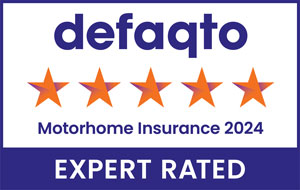
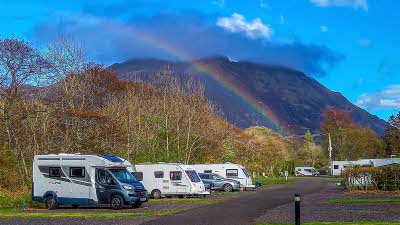
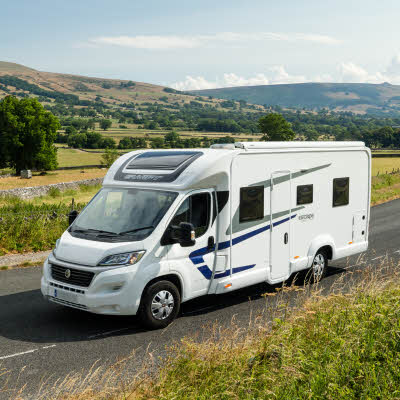
 The Club that really cares
The Club that really cares Expert rated Motorhome Insurance
Expert rated Motorhome Insurance 'Good' Trustpilot rating
'Good' Trustpilot rating New for old
New for old
